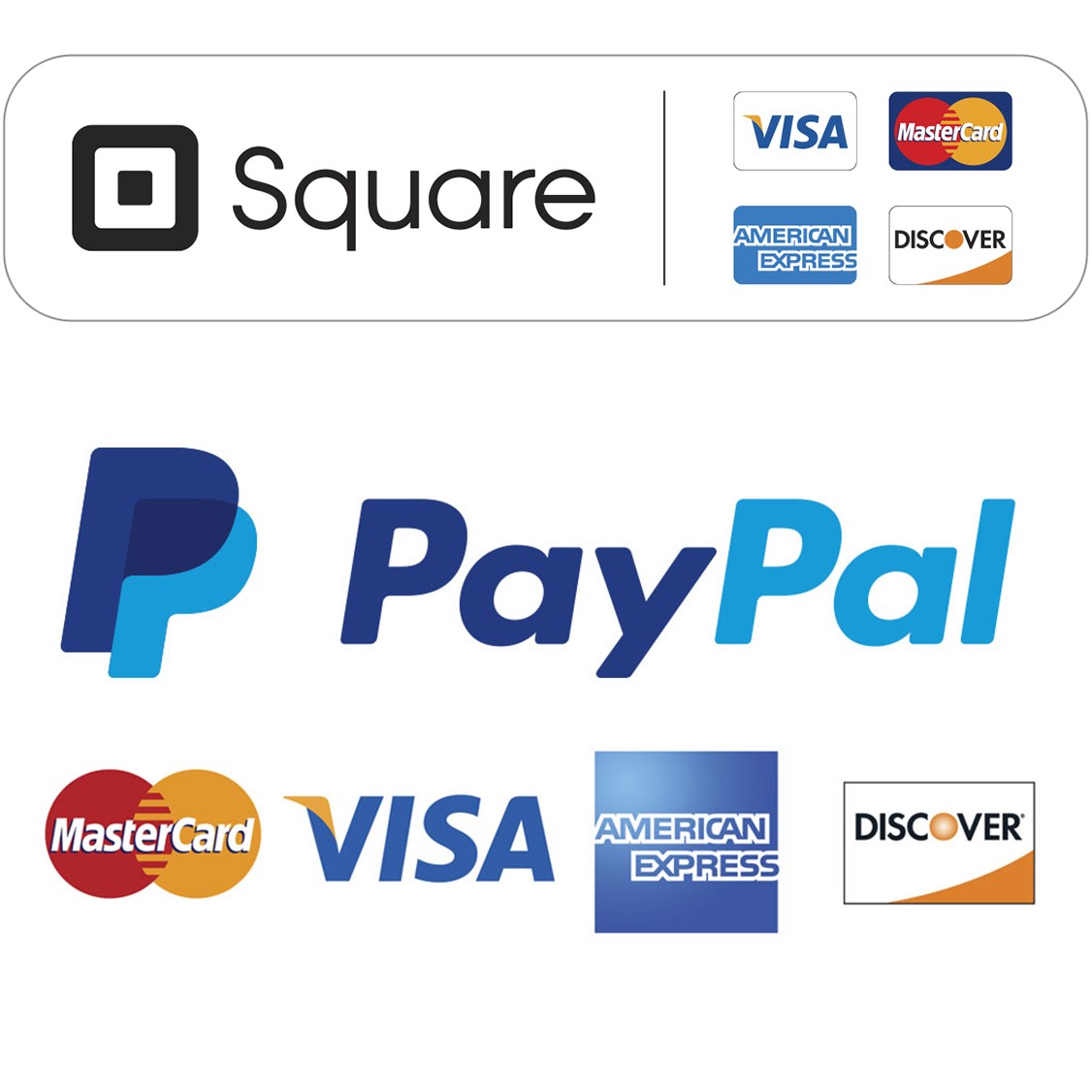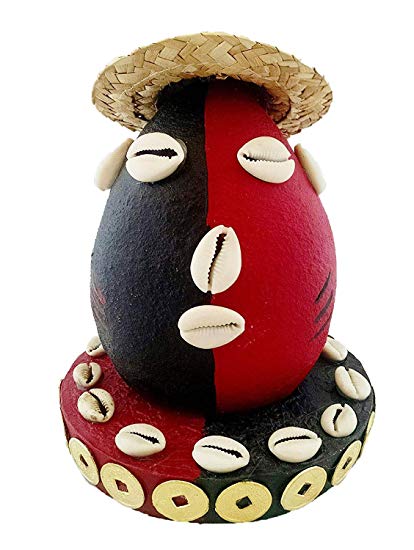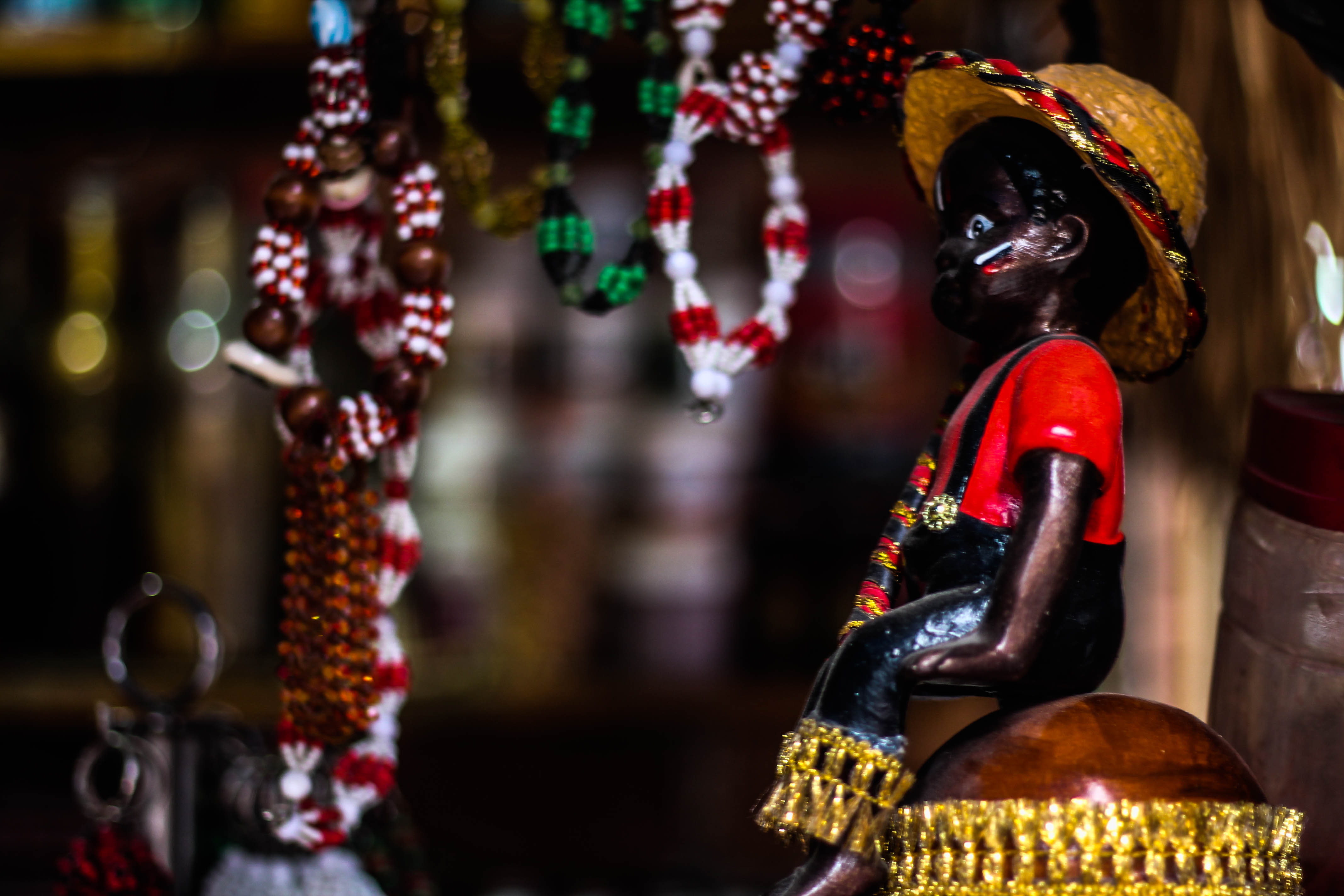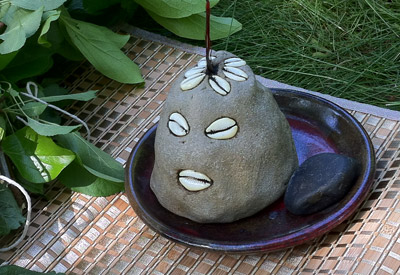Reference: 56RU03
Hierba Quita Maldicion - Fresh Quita Maldicion Herb
Nombre Yoruba: EWE AYO. Le enviamos un mazo de hierba recien cortada Quitamaldicion para ceremonias y rituales religiosos.
Reference: 56RU03
Nombre Yoruba: EWE AYO. Le enviamos un mazo de hierba recien cortada Quitamaldicion para ceremonias y rituales religiosos.
Reference: 56RU01
Le enviamos un mazo de hierba recien cortada Abrecamino para ceremonias y rituales religiosos.
Reference: 56RU58
Nombre Yoruba: EWE ODUNDUN. Le enviamos un mazo de hierba recien cortada Siempre Viva para ceremonias y rituales religiosos.
Reference: 56RU02
Le enviaremos un mazo de hierba recien cortada Vencedor para ceremonias y rituales religiosos.
Reference: 56RU12
Nombre Yoruba: EWE AVERIKUNLO. Le enviamos un mazo de hierba recien cortada Espanta Muerto para ceremonias y rituales religiosos.
Banner


Because of his great importance, he is first to be called in every religious ceremony and the last to say goodbye. It is the first protection since it is he who opens the way to continue in religion. The uninitiated or aleyos must receive it or consecrate it as first. It is the view that follows a path, becomes a fearsome and fierce warrior when he joins Oggún and Ochosi, nothing stops him. Eleguá is one of the first Oshas or Orishas that is received. He is the first of the group of four warriors (Elegguá, Oggún, Ochosi, and Osun), and won with Olofi, Obbatalá
He lives in most cases behind the door, taking care of the ilé of who owns it. Absolute owner of the roads and destiny, he is the one who closes or opens the astral for the happiness or unhappiness of human beings. You should always count on him to do anything. He is the doorman of the savannah and the woods


Their ewes are Abre Camino, Sabe Lección, Croto, Algarrobo, Almácigo, Berro, Albahaca, Ají chileno, Ají guao guao, Alamo, Atiponlá, Almendra, Pata de gallina, Ceiba, Curujey, Chichicate, Bejuco guaro, Jobo, Peonía, Peregún, Maravilla, Pica Pica, Raspa Lengua, Siempreviva, Rompesaragüey, Verdolaga, Travesura, Zarza blanca, Pendejera, Piñón botija, etc.
When Elegguá comes down, he will run and get behind the door. Then he will jump and contort, making funny faces and playing like children. Some of their movements can be very erotic. He will tease the audience and may disappear from view to appear at the least expected moment. A characteristic step is to stand on one foot and spin quickly. You will always be given a scribble, you will use it to mimic the opening of a path through dense vegetation. The other dancers will imitate their movements, individually or in groups against the hands of the clock.
He is greeted by giving 3 touches on the ground in front of him. Elegguá resides at the door, which marks the border between two worlds: the internal (tranquility of the home) and the external (danger and perversity).
When we pray we ask for Health (
<< ... Owner of all 4 corners, mayor of the road, my father, take away the bad so that he can walk with health, that there are no sick people, that he has not lost, that there is no revolution, that there is no death, in everyone's name, I thank you my father Elegguá. (Elegguá
When presenting Elegguá, offerings should be listed aloud. It is soba with
Echú elewa oga gbogbo namirin ita alagbana baba mi nulo na buruku nitosi le choncho kuelú kuikuo oki kosi ofo, kosi eyo, kosi ku, kosi ano ni orukó mi gbogbo omonile fú kuikuo odueve, baba mi elewa.
It is said that Elegguá has 21 roads, although some argue that they are 101 or more. In each of
Form a trilogy with Oggún and Oshosi.